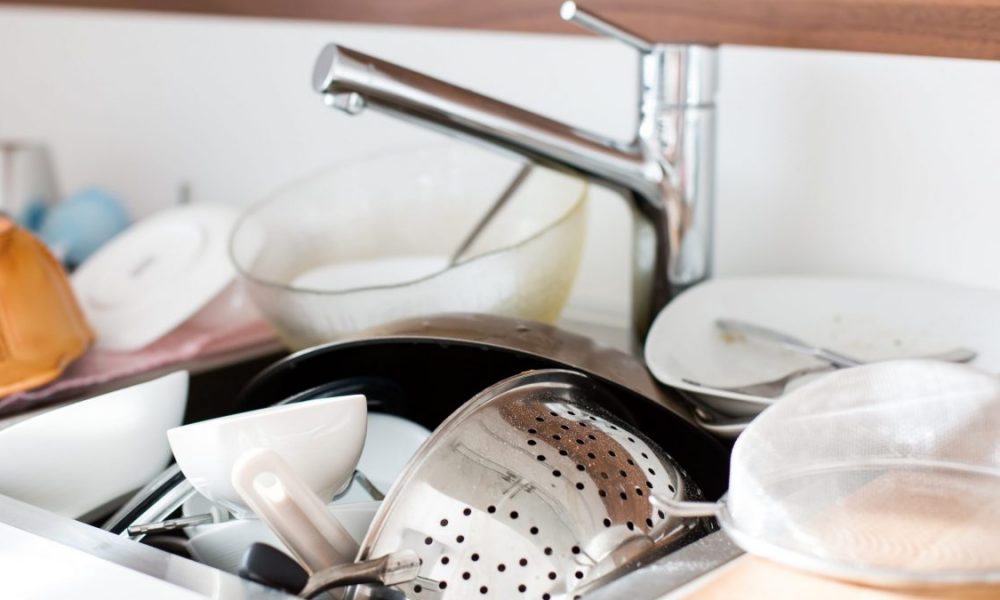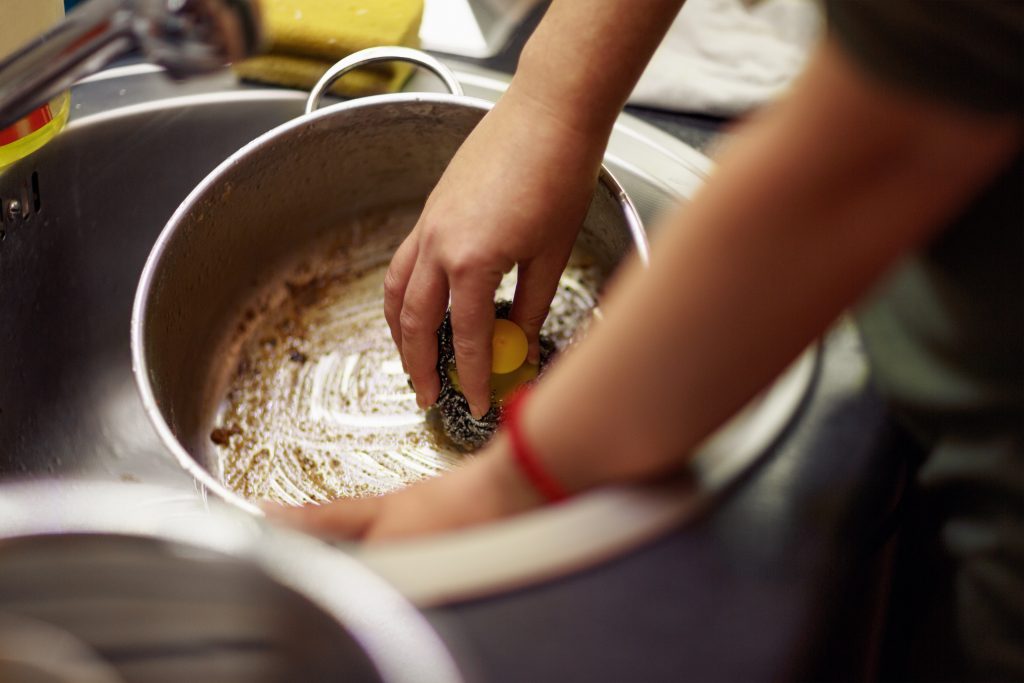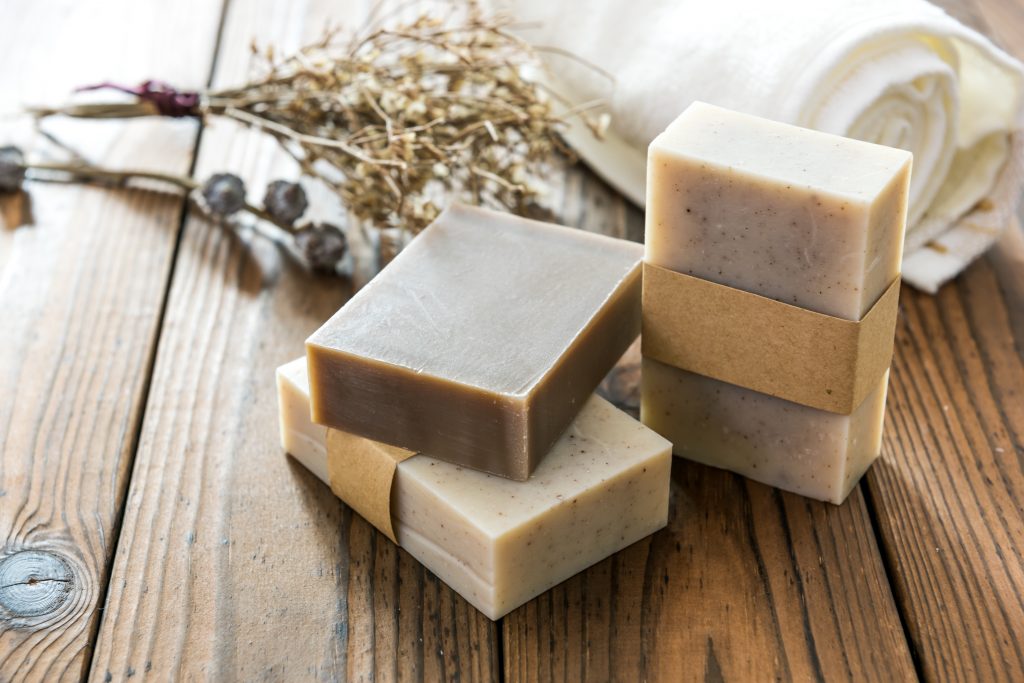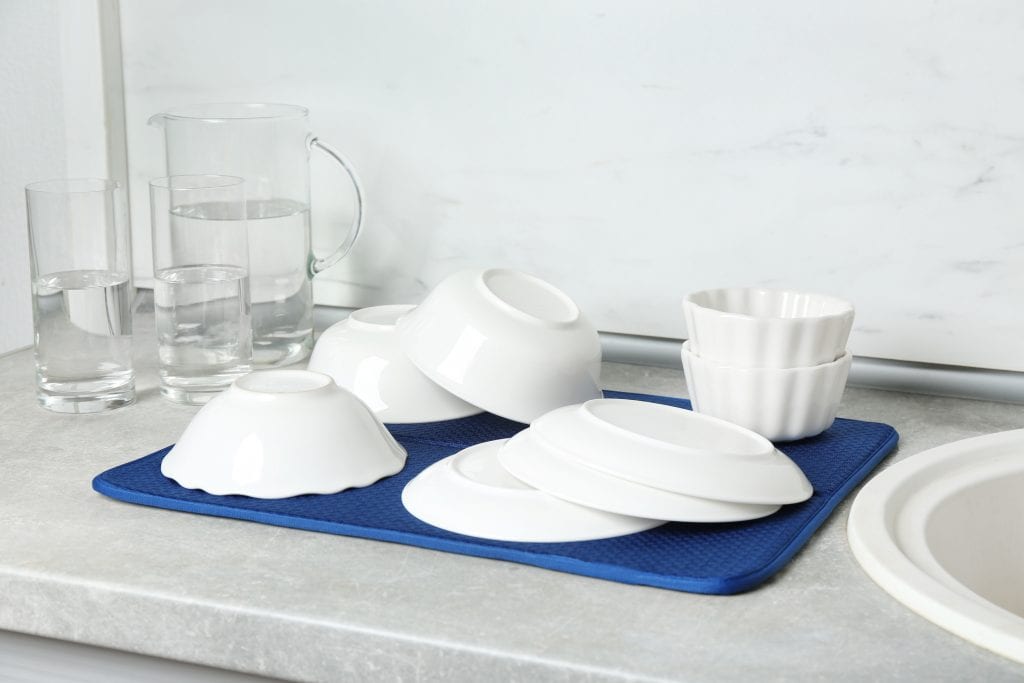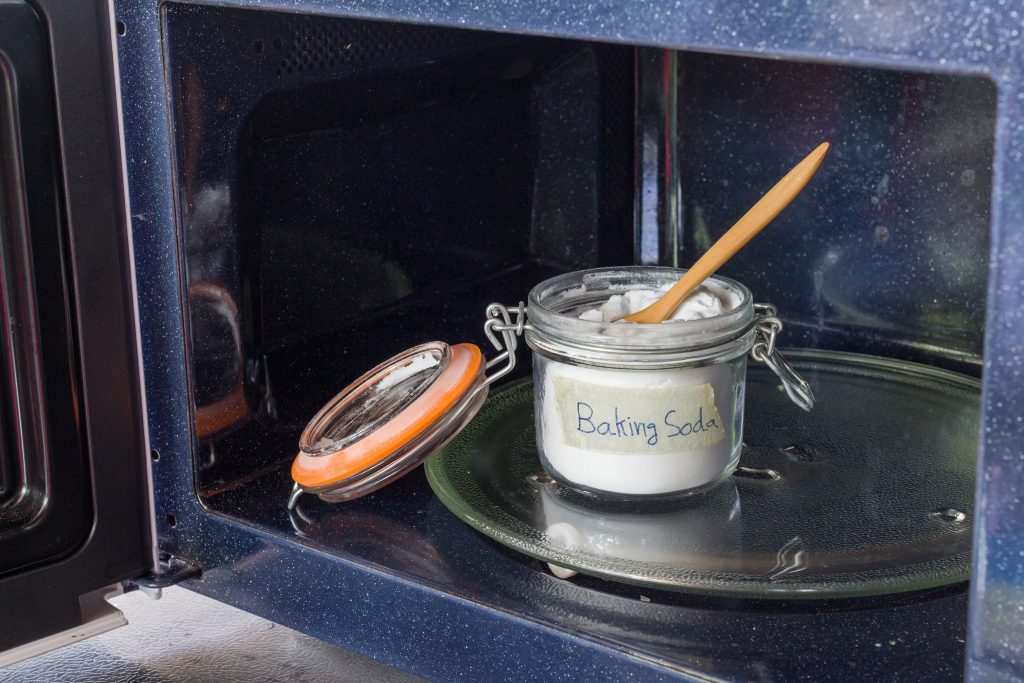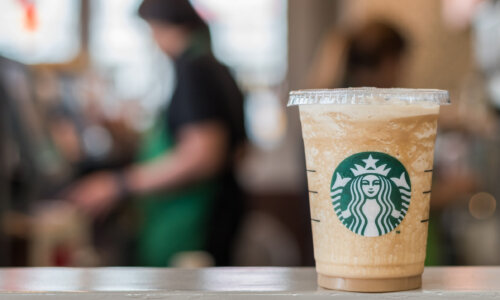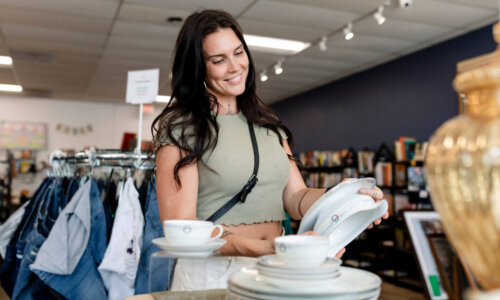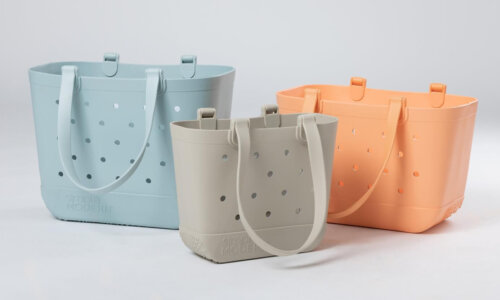Have you ever reached for the dish soap after making a meal only to realize you used up every last drop the night before? Eek, what’s the best next move? Do you knock on your neighbor’s door, run out to the store or poke around the house like a detective and look for something to use in its place?
If you’ve chosen the latter option, you might be in luck. You could have a decent alternative right under your nose. However, you should exercise caution.
Does Liquid Hand Soap Clean Dishes?
Liquid hand soap is great for cleaning grime off our fingers and palms — but if you buy the right kind, you could actually use it to clean your dishes, too. According to experts, the majority of hand soaps on the market contain a form of detergent with antibacterials and anti-fungal ingredients that can clean food particles and debris, so it should be safe to use on utensils, plates and pans.
“Liquid hand soap is milder than dish soap, and it will dissolve easier and foam better in a hot dishwater,” Lily Cameron, a cleaning professional and supervisor at Fantastic Services, told Apartment Therapy. “In addition, it contains more glycerin than dish soap and will be gentler to your skin when you wash your dishes by hand.”
MORE: The Best Dish Soap
But some hand soaps may contain additives that aren’t food safe, so don’t make this a habit. And rinse your dishes really well to make sure harmful substances don’t build up on them.
Is It Safe To Use Bar Soap?
You could consider reaching for the best bar soap. Look for ones that are unscented and made from natural ingredients, like Castile soaps.
Just remember that not all bar soaps are meant to cut grease, so using just any bar soap may not be as effective as your typical cleaning process; however, it can help you dig your way out of a pile of dirty dishes if you’re in a bind.
Taking a tip from Instagrammer Julia of Simply Living Well, Real Simple shared that their editors now swear by using olive oil-based bar soaps for tackling dishes.
This hack apparently provides plenty of suds and is pretty tough on stains, while being gentle on skin and better for the environment (without any plastic packaging). Julia recommends using a brush to spread the soap around.
If you’re in the market for a new batch of dish-friendly bar soap, check out our selection of the best bar soaps available.
Note that if you’re using bar soap that you already have around the house, you don’t want to grab the one you’ve been using in the shower. For sanitary reasons, reach for a fresh bar. And rinse well.
What About Other Options?
While it’s smart to consider all your closest options, definitely don’t reach for a bottle of laundry detergent. Between the chemicals and fragrances, any residue left could be harmful to your body. No one wants to eat stain removers or brighteners. Body wash is also a no — it has added chemicals and fragrances and is too gentle for washing dishes.
However, one household item that will work in a pinch is baking soda. (Mixing baking soda with some water to form a paste is a go-to way to DIY a green cleaning product for all scrubbing kinds of things around the house, including your oven.) Just mix water in to form a paste, then, put on gloves, scrub your dishes, and rinse with hot water.
Some sources also consider shampoo an alternative, since it’s good at cutting through grease — but again, you’ll want to watch for strong fragrances and other additives.
Of course, a great way to never run out of dish soap to begin with is to keep a stockpile! One good method is to keep two bottles on hand. Then when you pop open the “backup” bottle, write it down on your grocery list. And if you keep forgetting to buy it, now you know what to do if you find yourself in need.
